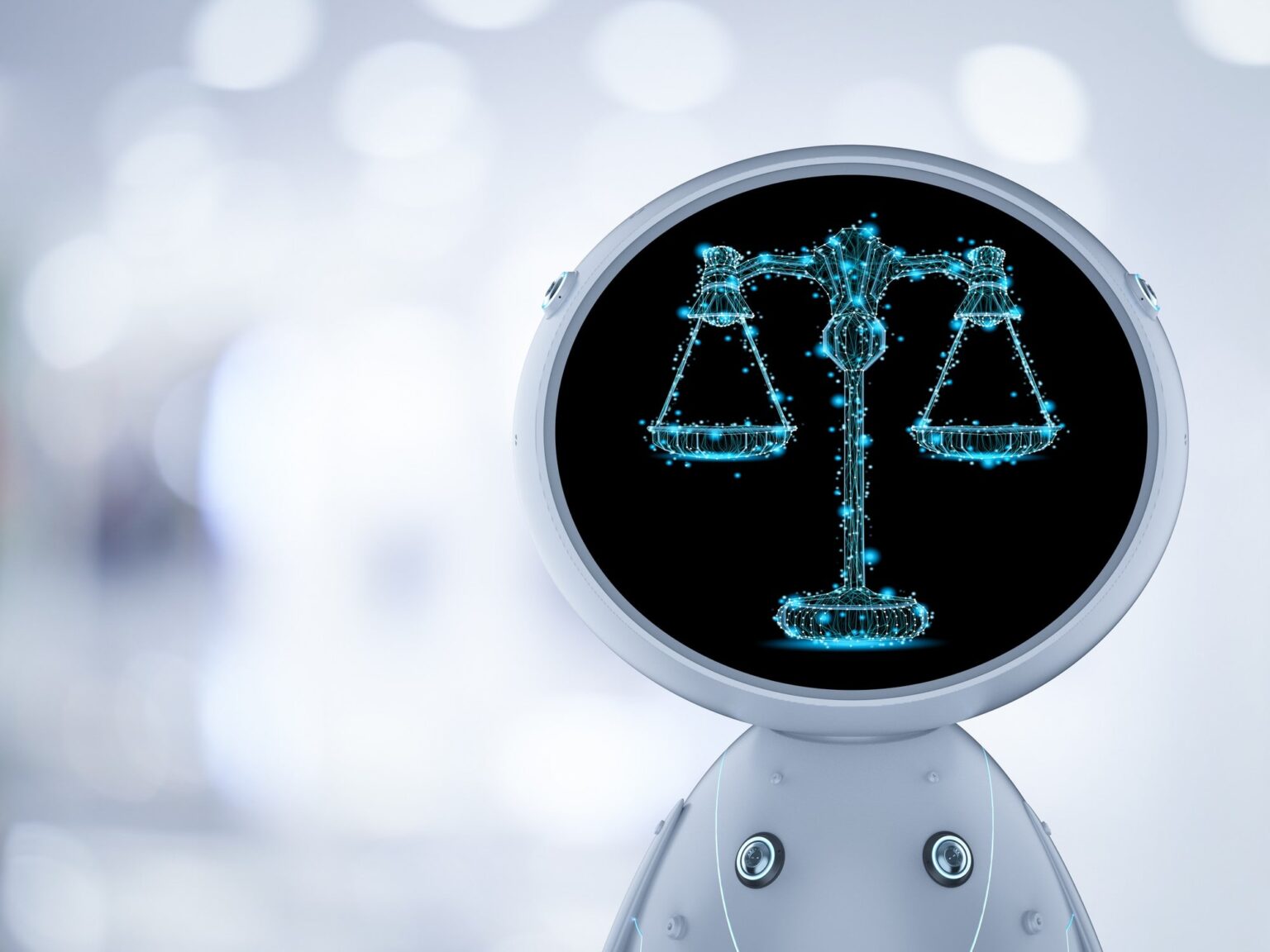AI is already making an impact on the legal profession, with applications ranging from document analysis and e-discovery to contract management and legal research. However, the use of AI in legal practice also raises a number of ethical and legal challenges that need to be considered. Here are some of the key challenges:
- Bias and fairness: AI algorithms can perpetuate biases and inequalities, particularly in areas such as race and gender. This can have significant implications in the legal system, where decisions made on the basis of biased algorithms could have serious consequences for individuals. To address this challenge, legal practitioners and AI developers need to work together to ensure that AI systems are designed and trained with fairness and equity in mind.
- Transparency: AI systems can be opaque and difficult to understand, which can make it challenging to ensure that they are making decisions that are fair and ethical. Legal practitioners need to have a clear understanding of how AI systems work and be able to explain these systems to clients and judges. This requires a focus on transparency and accountability in the design and implementation of AI systems.
- Liability: The use of AI in legal practice raises questions around liability, particularly if an AI system makes a mistake that results in harm to an individual. Legal practitioners need to understand the legal implications of using AI systems and be able to advise their clients accordingly.
- Ethics: AI systems can be used to automate many legal tasks, but there are ethical considerations that need to be taken into account. For example, the use of AI in legal practice could potentially lead to job losses, which could have a significant impact on individuals and society as a whole. Legal practitioners need to consider the ethical implications of using AI and ensure that these systems are used in a way that benefits society as a whole.
- Regulation: The use of AI in legal practice is subject to increasing scrutiny and regulation, particularly in areas such as data protection and privacy. Legal practitioners need to be aware of these regulations and ensure that they are complying with them.
In summary, the use of AI in legal practice presents both opportunities and challenges, and requires a proactive and responsible approach to ensure that these systems are used in a way that is fair, ethical, and beneficial to society as a whole. Legal practitioners need to be aware of the ethical and legal challenges of using AI and work together with AI developers and regulators to develop responsible policies and practices.



